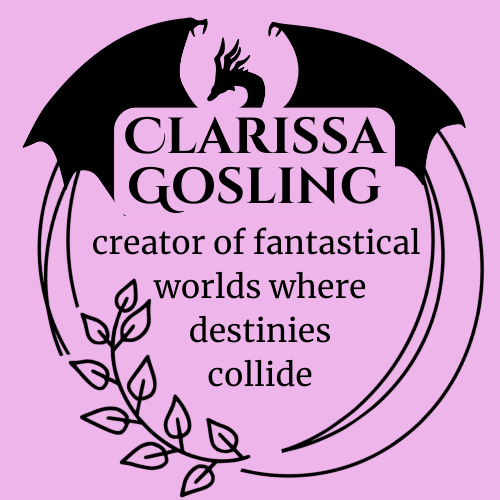While in most jurisdictions copyright is automatically yours by the virtue of you having created something, proving that can be a minefield. If an unauthorised version of your work was put for sale by someone else is it enough to have word documents with embedded metadata, or to have posted yourself a copy of the printed manuscript? In many cases this is not necessarily enough as it can be forged.
Registration Services
In order to prove that the content of your book is yours there are different places that offer a registration service.
The most well known one is the
US Government, but there are others. Registration of a single work with the US Copyright Office is $45, and any works can be registered there that are published in the US.
OnlineDepot is an alternative – registration there is free, but only lasts for five years. After that it costs 10 Euros every five years to continue it. If you have multiple works this could get costly.
The last option I found is
CopyrightHouse. They work on a subscription model, and during your membership you can register as many works as you wish. What is unclear from their website is whether the membership is needed to keep the validity of their registrations of your work. Or if once it is registered that is it, and the membership is required only for new works to be added. Either way as they are currently offering special pricing due to the pandemic I choose their ten year registration for 79 pounds.
Why register?
It is a good idea to register your work prior to publication, as then your registration is dated earlier than any other plagiarised copy would be. This way you know that you have the proof you will need to prove your ownership of your book, if the worst should happen. For all of these you submit the full text of the manuscript and they will give you a certificate to prove you have uploaded it to them. If you need it then you can use their data for take down notices or to challenge them in Court.
As I have said earlier, by creating your work you automatically own the copyright of it. The question here is about how you can prove that. As that is the key thing. I want to be able to prove that I created my books, and I want that to be registered on a date before there could be an issue. So while I know that using one of these services is not necessarily needed, and that I am in a way paying for a right I already have, I have still chosen to register my books just in case. And as 178 countries in the world are signatories of the Berne Convention I know that this registration is valid across nearly all of the world.

